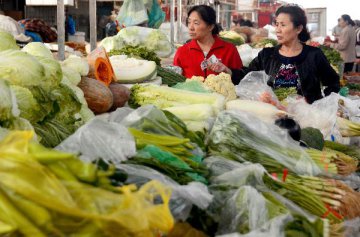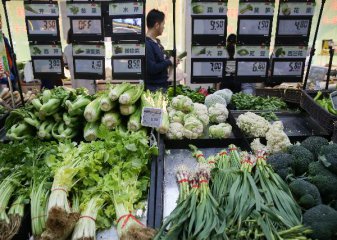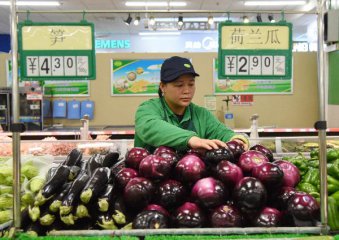The overall index fell 4.3 percent, the second consecutive contraction and the biggest one-month decline in nearly two years. Despite the fall in food prices in March, the overall index was still 2.7 percent higher than the same point last year.
The biggest falls in the index came from prices for vegetable oil and sugars.
Vegetable oil prices declined 12 percent compared to February, pushed by less demand for fuel tied to the pandemic, FAO said. Prices for soy and rapeseed oil fell as demand for biodiesel in the European Union declined markedly.
Sugar prices fell even more, declining 19.1 percent in March, pushed lower as bars and restaurants around the world closed after most industrialized countries issued partial or complete lockdowns in an effort to curb the spread of coronavirus.
Prices for grains and cereals -- the largest component in the index -- slipped 1.9 percent, as export prices of all cereals except rice fell amid reduced levels of trade combined with robust harvests. Rice prices climbed slightly based on increased demand from China and India and news from Vietnam that it was reviewing export contracts to ensure national supply.
Among the other sub-indexes, dairy prices fell 3.0 percent, the first decline after four months of increases, based mostly on lower demand amid the coronavirus outbreak.
Meat prices, meanwhile, saw the smallest decline, falling a modest 0.6 percent as lower beef prices were offset by rising prices for pork as transport issues limited supply in some markets. Prices for poultry remained stable, FAO said.
The monthly FAO Food Price Index is based on worldwide prices for 23 food commodity categories covering prices for 73 different products compared to a baseline year. The next index is scheduled for release on May 7, 2020.























Latest comments